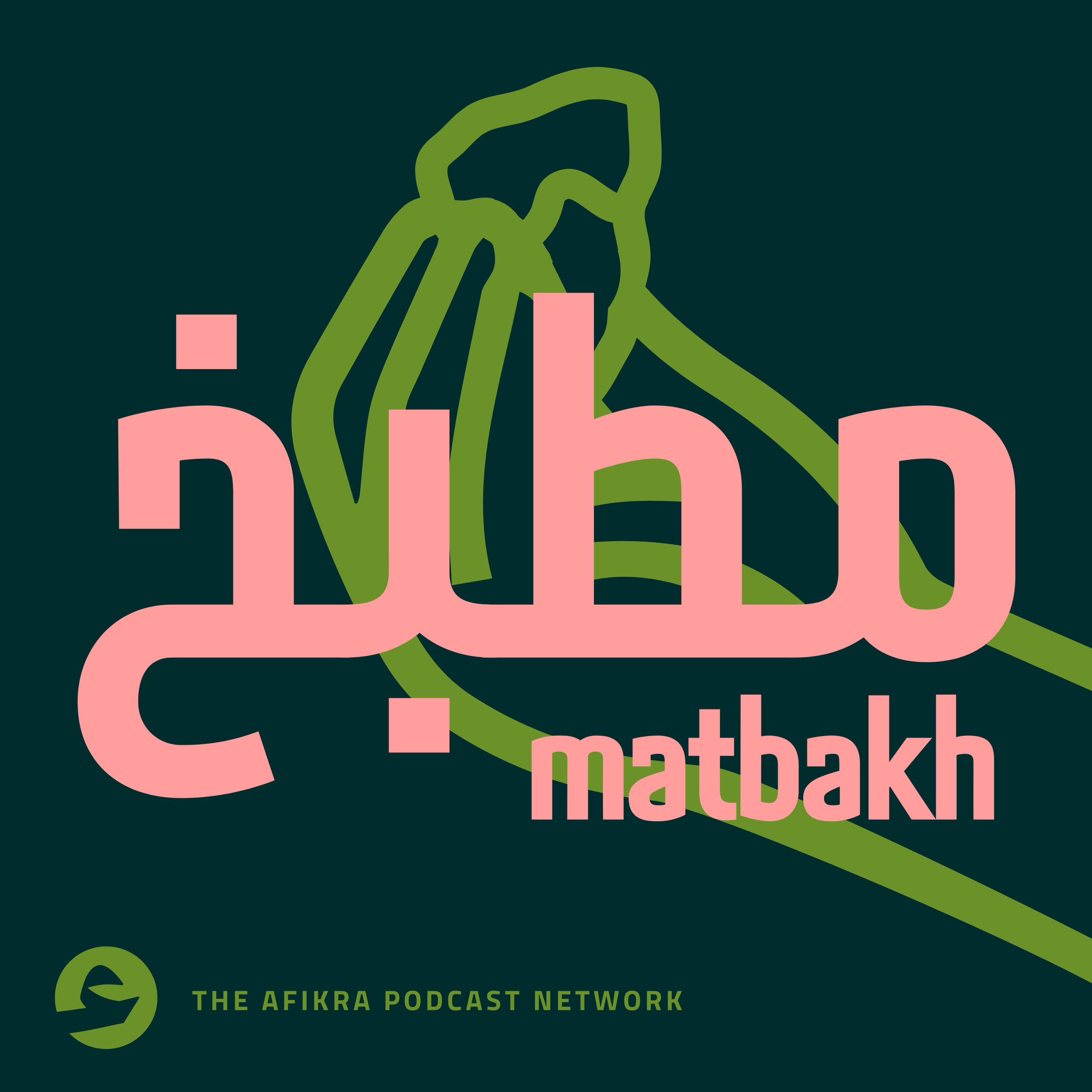Halal Food | Febe Armanios
Professor of History Febe Armanios talked about Halal Food and its history on our afikra Matbakh series.
Febe Armanios received her BA, MA, and Ph.D. from the Ohio State University. Her research interests have focused on the history of Christian communities in the Middle East, particularly on Egypt’s Coptic Christians, on Muslim-Christian relations, as well as food history and media studies. She has been awarded fellowships from the Fulbright Foundation, the Gerda Henkel Foundation, the John Templeton Foundation, the Andrew W. Mellon Foundation, the National Endowment for the Humanities, Luce Foundation-ACLS, and Fordham University, among others. In 2015, she was a Visiting Fellow at Harvard Law School (ILSP), and in recent years, she’s served as an Editorial Board member for the International Journal of Middle East Studies, as well as on the Steering Committee for the Middle Eastern Christianity Unit at the American Academy of Religion. In 2021-22 academic year, she was the Bennett Boskey Distinguished Visiting Professor of History at Williams College. She currently co-Directs Middlebury College’s Axinn Center for the Humanities. Armanios is the author of Coptic Christianity in Ottoman Egypt (Oxford UP, 2011) and co-author with Bogac Ergene of Halal Food: A History (Oxford UP, 2018). She’s now completing a book-length project on the history of Christian television (terrestrial and satellite) in the Middle East (ca. 1981-present) and has also begun research for another book project, which looks at the comparative history of Christian food practices in the Eastern Mediterranean and Southern Europe.
Matbakh
A podcast series about eating, making, appreciating and learning about the food and drink of the Arab world. Chefs, restaurateurs, food historians, critics and writers share their takes on the best of what the Arab kitchen has to offer – past and present. We delve into well-loved and under-appreciated dishes, ingredients and flavors, as well as the history of the region’s food and what its future holds.









